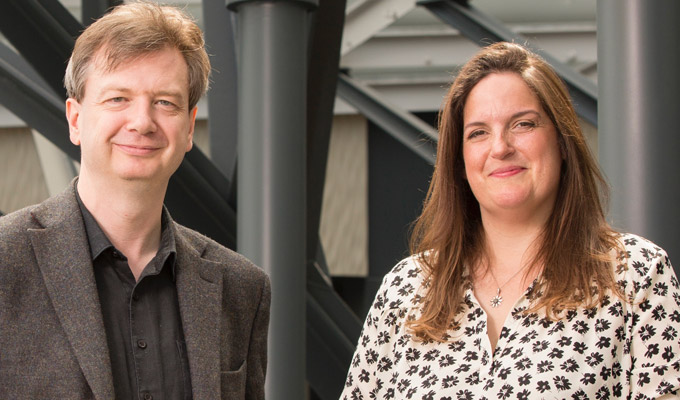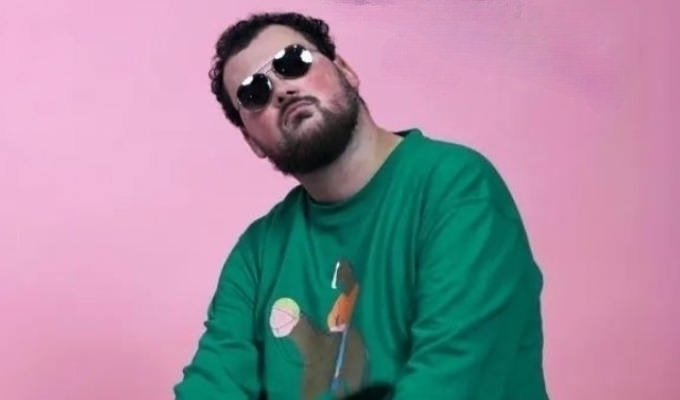
We should pay our way
Jon Rolph and Claire Nosworthy say no thanks to the comps.
Is comedy an industry? Sure it is. If an industry is an economic activity concerned with the processing of raw materials, then Edinburgh in August is a vast network of tiny factories. Those raw materials are creativity, passion, bloody-mindedness, and money. Three of those are renewable resources. One isn’t.
As Charlie Perkins and her Free Free Movement campaign has reminded us this week, the industry professionals who come to the Fringe to inspect the products of this mighty machine have got too used to free samples. We’re the media types, the TV executives, the radio producers, commissioners and talent scouts whose paid job is to watch you doing your job. But we’re not always paying you for doing it.
If you are one of those media types, the issue of taking comp tickets can seem a very straightforward transaction. An act, and their agent, wants you to like their client so that you can, Nero-like, decide whether to give them the thumbs up and lead them down the path to fame and fortune. A couple of free tickets (for me and a mate) seems the very least you can offer – it’s a wonder that we haven’t started demanding roasted swan and gold as well.
Putting on any Edinburgh show, of whatever shape or size, is a magnificent endeavour that is fraught with potential joy or disaster at every turn. It is hard enough to write the material, bring it to life, navigate the tech runs (of *course* the only adapter that you actually need is the one that wouldn’t fit in your bag and inexplicably costs £190 to replace) and finally let an audience in and make their judgements – so why does the industry think it deserves golden thrones at every show?
We agree with Charlie that the price of a ticket is the least we should be coughing up to see a show that you’ve written, rehearsed, previewed, torn up, rewritten, launched, and probably rewritten again before you’re a week in. If your show is standing room only, our comp is costing you actual money. If you’re not, then it’s scant compensation for the fact that you’ve got ‘industry’ in and that’s no fun. And if we can’t afford to pay, who can?
It’s a wider issue in the industry. How much should writers be asked to write for nothing in developing a new idea? How often should performers be begged to turn up for ‘just a little taster tape, there’s no money for it?’ Richard Jay’s Chortle opinion piece this week spoke to the same issue. What value do we put on the hard work on which we all – producers and promoters – build?
We in the industry need to do better on this, and that includes paying for tickets to shows that may – or may not – turn into television or radio projects. If that means if we see 150 shows, we pay for 150 shows, unless you’ve kindly squeezed us in at the very last moment of a sold-out gig. At the Fringe last year that was the number of paid tickets we had stacked up in our offices, and we’ll be doing the same this year.
We’re not saying everyone can always do this – there are small TV and radio production companies that don’t have development pots. And we understand that agents sometimes like to know who has been lurking out there in the dark, even if performers might not. The guest list is a useful way of doing that.
However, as two television producers who have been lucky enough to have also spent time on the other side of that golden divide (as performers and promoters for stand up and theatre shows) we welcome Charlie Perkins’ opening up of the debate, and the shining of the spotlight on the imbalance of the relationship.
Comp tickets are like a TV tax that performers have to pay. And If we start our creative relationship with you by taking something for nothing, why should you expect us not to do the same again?
• Jon Rolph is the managing director and Claire Nosworthy is the creative director of comedy production company Hare and Tortoise. Earlier this month they revealed their slate of shows in development.
Published: 28 Jul 2018






